How to Choose Between EFT vs ACH: A Comprehensive Guide
Stax
MARCH 27, 2025
Thats why 92% of consumers and 82% of companies reportedly made the switch to electronic payments, like Electronic Funds Transfers (EFT) and Automated Clearing House (ACH). EFT and ACH payments are fast, secure, and hassle-free. Thats Electronic Funds Transfer (EFT) in action.




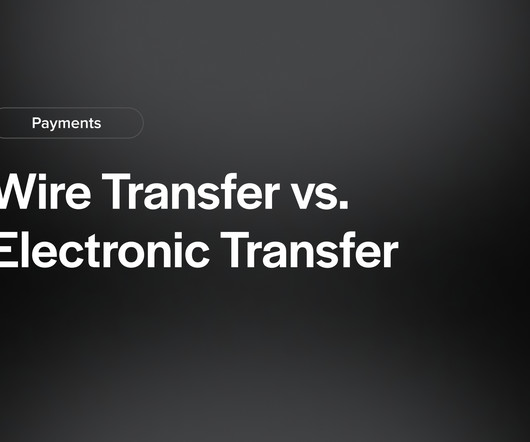
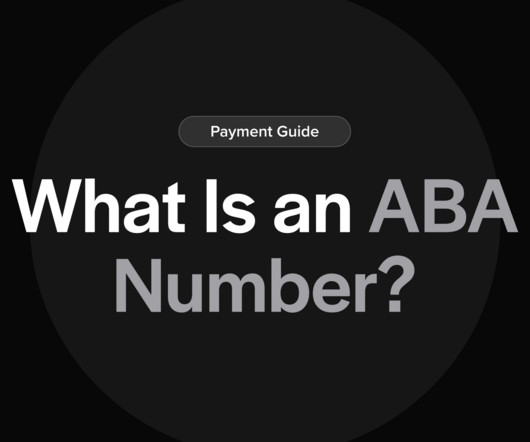
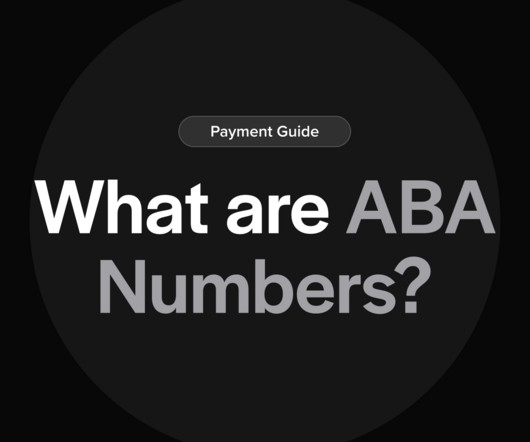
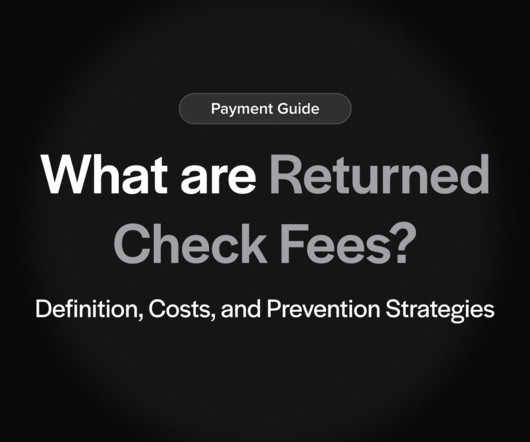
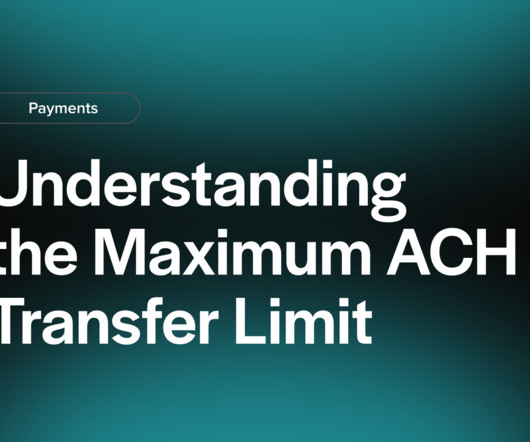






Let's personalize your content